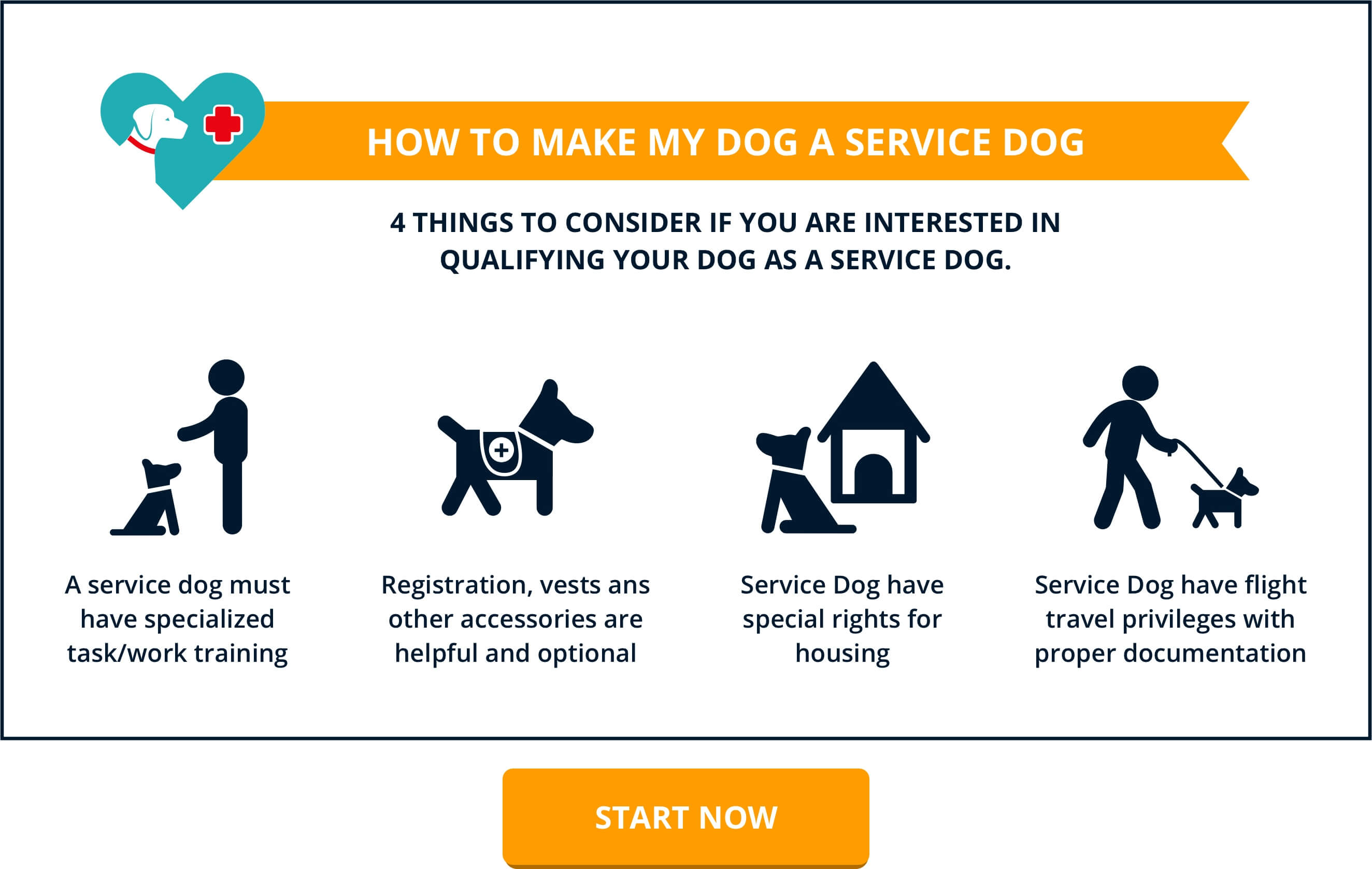
ADHD stands for Attention-deficit/hyperactivity disorder. According to the US Centers for Disease Control and Prevention ADHD is usually caused by — brain injury; alcohol and tobacco use during pregnancy; premature delivery; low birth weight. The U.S. Department of Health & Human Services defines the condition as:
“ADHD is one of the most common neurodevelopmental disorders of childhood. It is usually first diagnosed in childhood and often lasts into adulthood. Children with ADHD may have trouble paying attention, controlling impulsive behaviors (may act without thinking about what the result will be), or be overly active.
It is normal for children to have trouble focusing and behaving at one time or another. However, children with ADHD do not just grow out of these behaviors. The symptoms continue, can be severe, and can cause difficulty at school, at home, or with friends.”
ADHD Symptoms and Treatment
The ADHD health condition is characterized by:
• Poor memory
• Squirming a lot
• Daydreaming a lot
• Poor impulse control
• Being impatient
• Have difficulty cooperating with others
• Taking unnecessary risks and making careless mistakes
People affected by ADHD usually receive medications to address the neurological complications as well as psychotherapy and behavioral counseling that helps them establish control over their daily routine and improve their daily life. Sadly, the treatment is very costly and it can be difficult for many ADHD-affected persons to grab a good hold of their life.
That is why we would like to promote the work of service dogs, Psychiatric Service Dogs in particular. Therapy Dogs have an important role as well, but we will focus on PSDs as they are meant to assist a single person in particular and help in improving their life as much as possible.
What are Service Dogs/Assistance Dogs?
First, let's establish what a Service Dog actually is. Service Dogs are definitely not pets, although the laws are different across the USA, Canada, the UK, and the EU — they agree that the service dogs are specially trained animals that help a person with a mental and/or a physical disability. It is widely agreed that a psychiatric service dog (PSD) is a type of assistance animal that is trained to perform specific tasks for individuals living with a mental illness. These unique tasks are directly related to the handler’s disability. The psychiatric service animals help people with typically imperceivable, indiscernible, and more overt disabilities.
How Can Service Dogs Help Persons With ADHD?
There are many key advantages of the Service Dogs to consider when we talk within the context of therapy for ADHD persons. Dogs, in general, require a lot of attention, they are emotional beings that are attentive to the needs of their handlers and can inspire confidence, courage and assist in developing your social life. The service dogs are not too different from your pet dogs as they need a lot of love, walks, exercises, and following a schedule. Caring for a service dog is proven to help persons with mental disabilities remain focussed, stay committed to tasks, increase alert levels, improve mental health, schoolwork, emotional control, and social wellbeing as seen in this article from the Purdue University.
Taking the service dog out for a walk and exercises regularly improves the handler’s overall physical wellbeing, keeps them on a schedule, and keeps them open to social interactions. Grooming and monitoring their canine’s health helps ADHD persons build their confidence and focus. The condition is often characterized by excess energy that needs an outlet and regular physical activity can help focus that energy for good. Dogs are excellent companions and their attentiveness to your emotional stability can decrease your stress levels. In addition, the service dogs go through public access training and they have guaranteed access rights which enables ADHD persons to have valuable support when traversing the public domain which can be daunting sometimes.
In short, service dogs have several big and meaningful advantages that can aid ADHD persons to establish a healthy and stable life:
- An outlet for excess energy and shape a healthy lifestyle;
- Trigger social interaction and make establishing connections easier;
- Encourage routine and develop useful habits;
- Build confidence and help decrease stress levels;
- Be a good and safe distraction;
- Be reliable emotional support;
- Regain more control over life;
- Help focus on tasks and retain a commitment;
- Increase alert levels.











